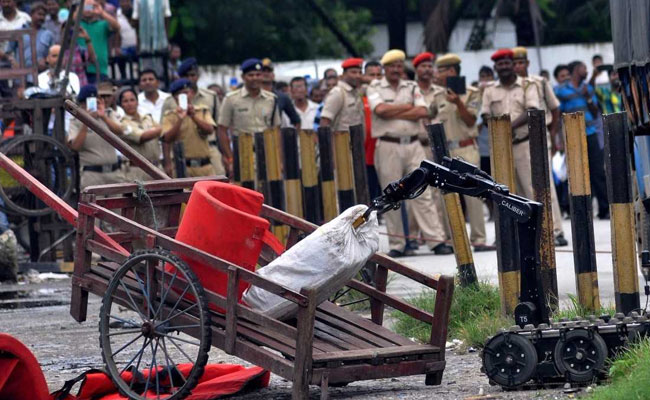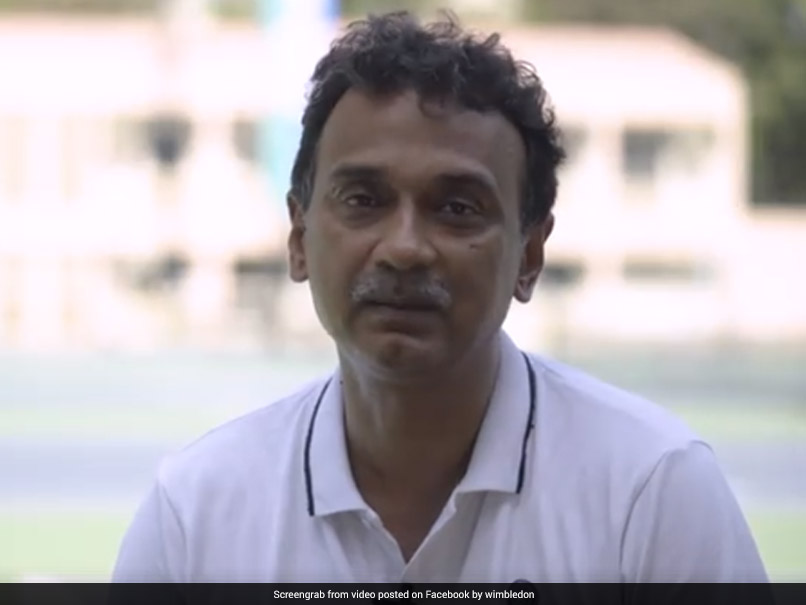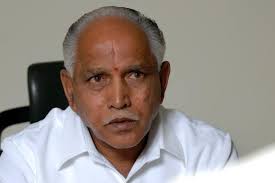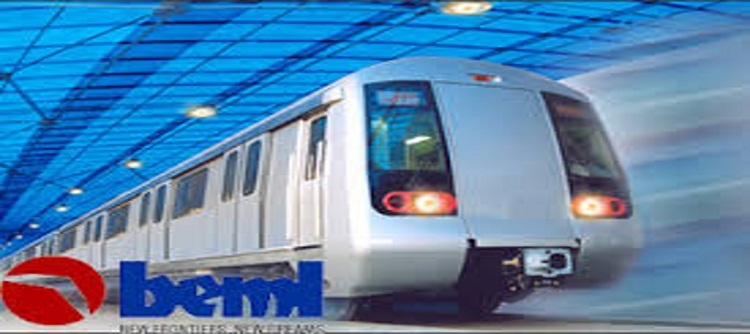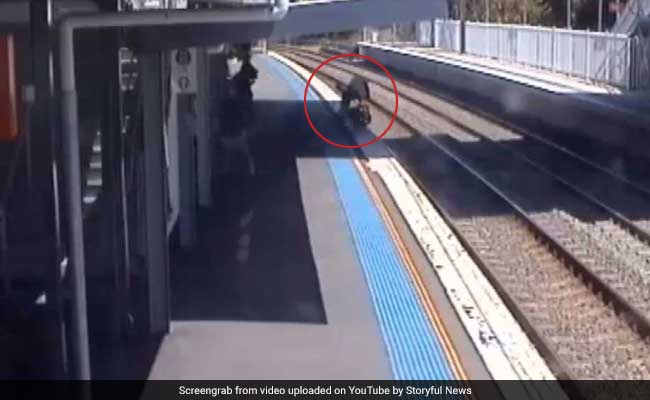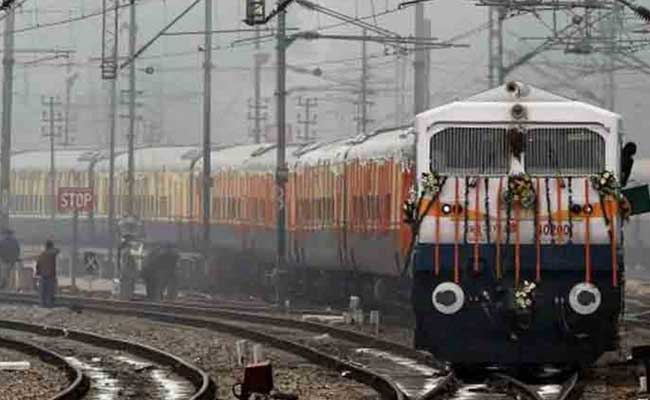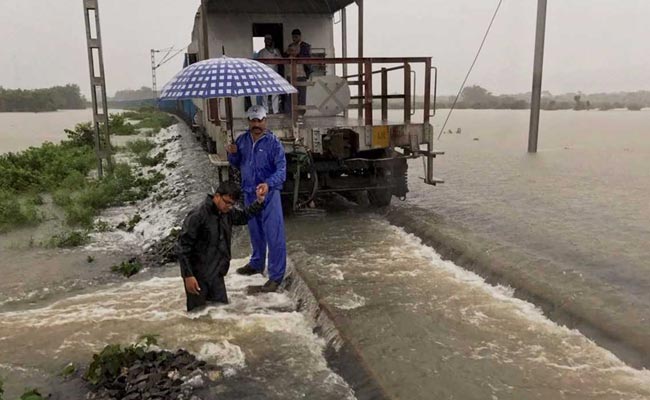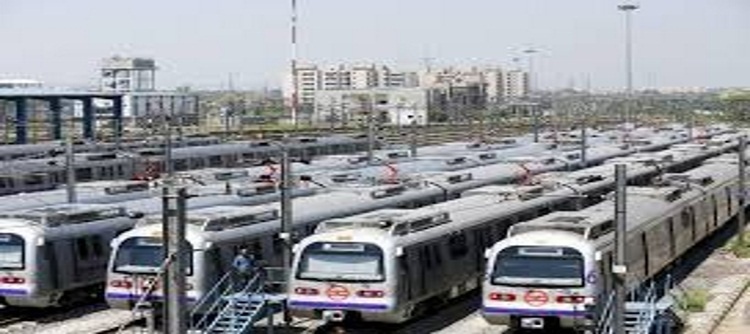
Delhi Metro recently raised the price of its ticket by up to 50 per cent for an average ride of 15 to 24 kilometres effectively taking the fare out reach for poorer income groups. The rationale offered by the Corporation is that it is necessary to keep it profitable. In the process, the benefit of the Metro to provide long-distance travel to low-income groups has gone for a toss. It is an example of tunnel-vision based accounting that the financial rate of return imposes on broad spectrum infrastructure projects.
The alternative floated by the central government on Wednesday requiring a higher than before commitment from states and public-private partnership (PPP), in terms of land clearances and funding obligations is more practical. The policy stipulates a shift from the present ‘Financial Internal Rate of Return of eight per cent’ to ‘Economic Internal Rate of Return of 14 per cent’ “in line with global best practices” The new policy aims to encourage private investments across a range of metro operations through a PPP route for availing of central assistance for new projects. Private investment and other innovative forms of financing have been made compulsory to meet the huge resource demand for these capital-intensive schemes.
It is rarely possible for an urban transport project to be profitable. Yet for high-density populated cities infrastructure projects need to be constructed, says Shailesh Pathak, chief executive-deisgnate of L&T IDPL —the company executing the Hyderabad metro project. “The returns from these projects have to be assessed taking into account environmental costs, equity costs and so on”. For example, the Shanghai metro charges 3 and 4 yuan for journeys upto 16 kilometres, effectively encouraging all income segments to board. The costs that are saved are in terms of people opting for public transport instead of taxis, bus et al. Writing sometime ago in Business Standard, Dinesh Mohan, one of India’s veteran commentator on transport economics, noted “One could demand lower fares if the Delhi metro operated as a service for the public good. But, in truth, the Delhi Metro has never presented itself as a public service, but more as a prestige project”.
Once those costs are built into the project instead of limiting the costs to only traditional ones, it is easy to understand why projects like city metros cannot be financed only through government handouts. As a top former urban development department official said in the new policy a metro can be built as a joint venture between state and central government or it can rope in a private sector company.
Dinesh Mohan suggests those using cars should be taxed more to pay for the Metro subsidy. Metro man E Sreedharan thinks it is the government (state or central) which will have to foot the unlimited liability of building and running metros. He told, “Nowhere in the world has the construction and maintenance model of PPP in Metro rail completely succeeded”.
There is certainly no doubt the track record of Reliance Infra with Delhi’s airport line or Mumbai Metro does not inspire confidence.There is also little reason to believe that any other private sector company will be more socially attuned at the cost of its profit.
Yet is it fair to expect a government to choose between running hospitals and that of a metro within a limited budget, though the vocal public will make it choose the latter! At the end of the day bringing in an outside entity allows for more realistic recognition of the actual cost of such projects. This is vitally necessary to ensure these projects are built on tight deadlines and cost control. No government department can ensure that. As of now of the eight metro projects running in Delhi (217 kms), Bengaluru (42.30 kms), Kolkata (27.39 kms), Chennai (27.36 kms), Kochi (13.30 kms), Mumbai (Metro Line 1-11.40 km, Mono Rail Phase 1-9.0 km), Jaipur (9.00 kms) and Gurugram (Rapid Metro-1.60 km) has only two private sector players. The rest are joint ventures between the centre and the state governments. There are 13 more cities planning metros. Given the state finances it is impossible to expect that scarce public resources acutely needed for health care and education can be diverted to build these instead.

